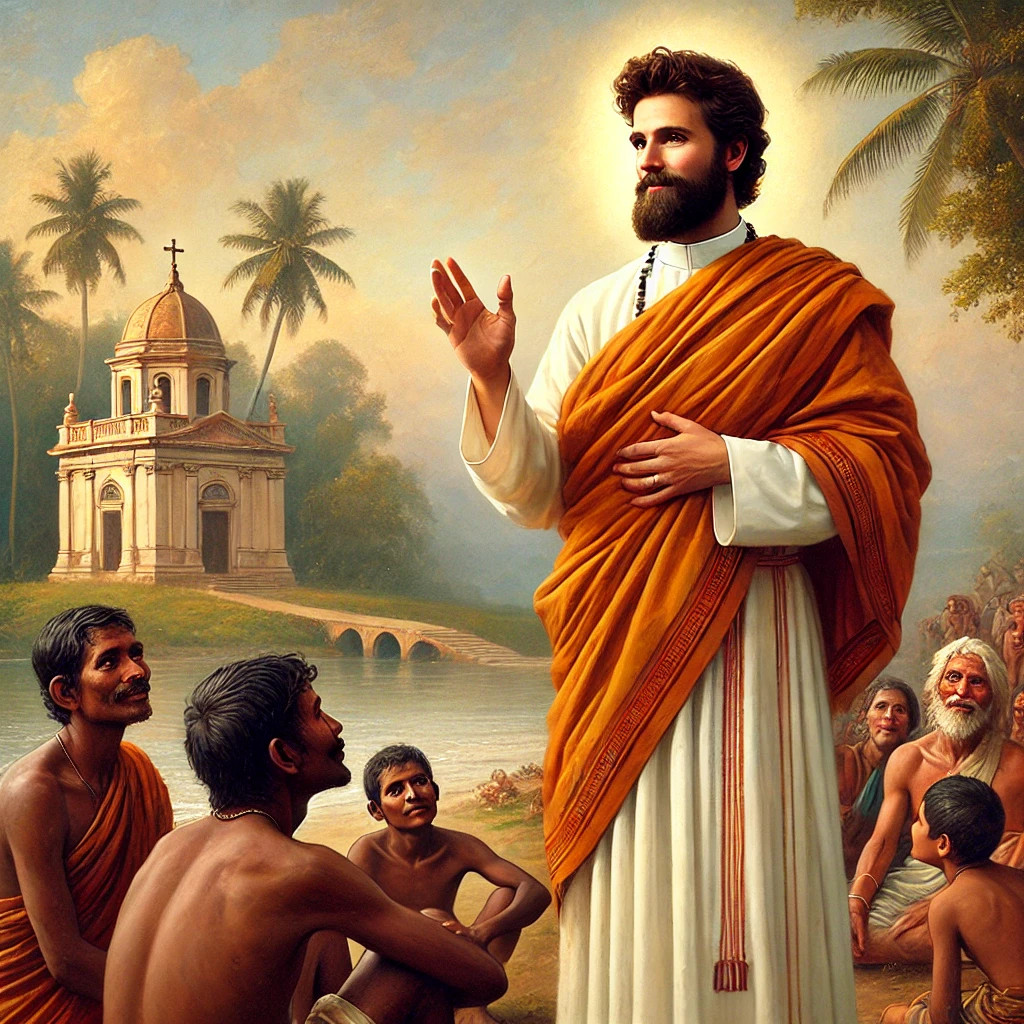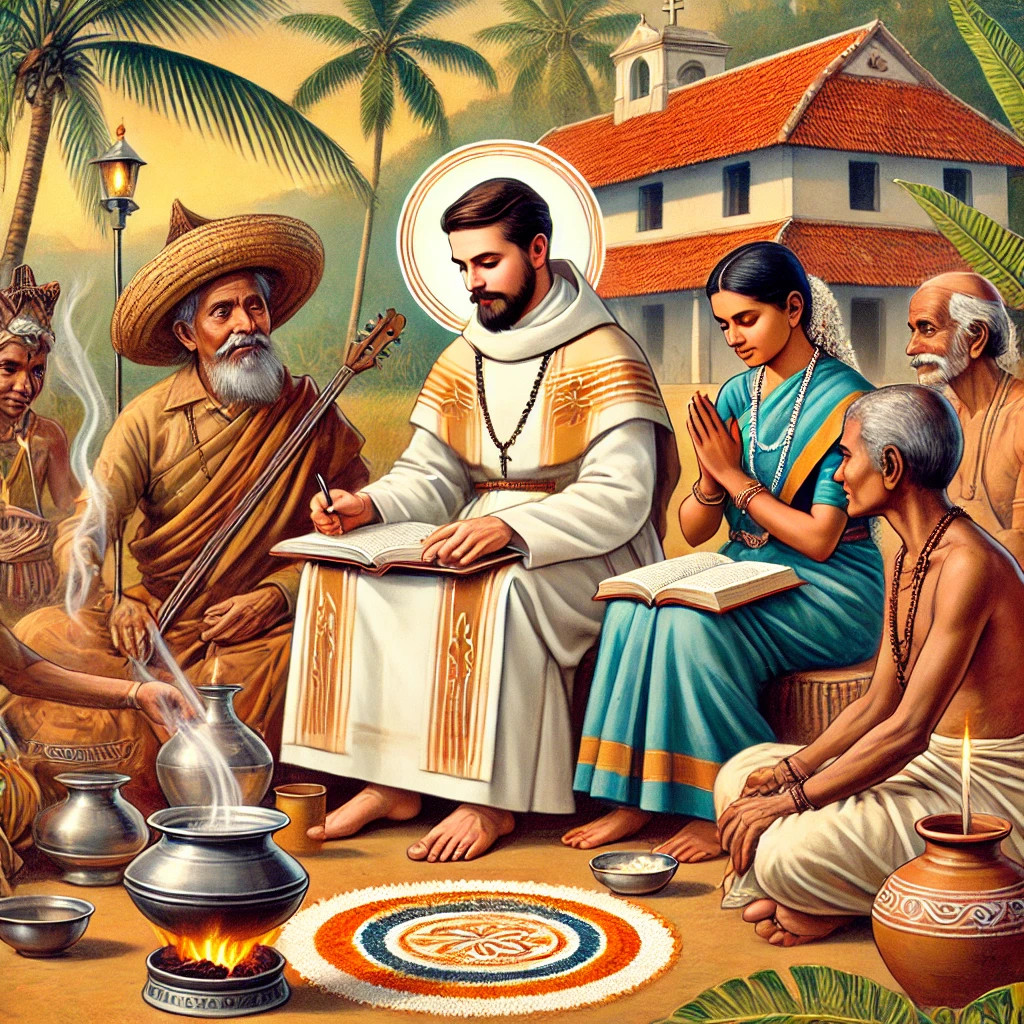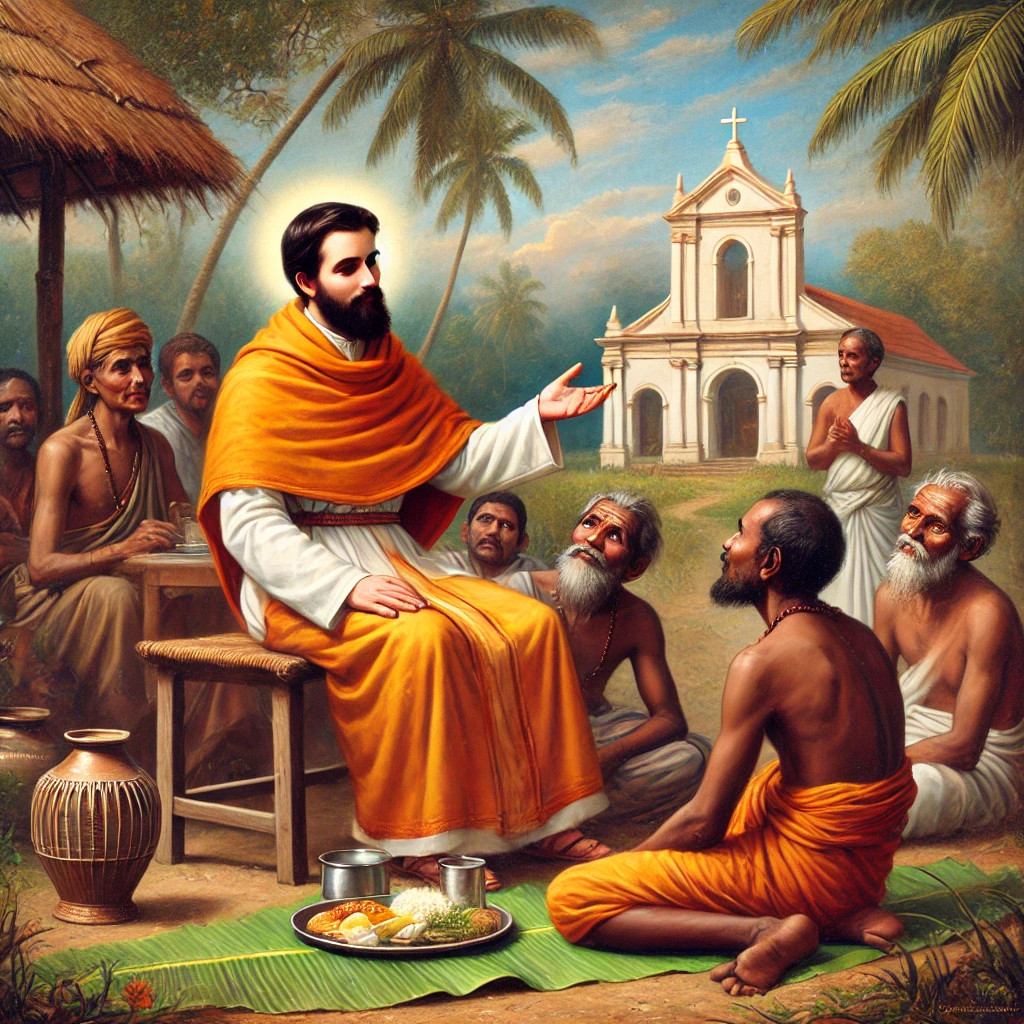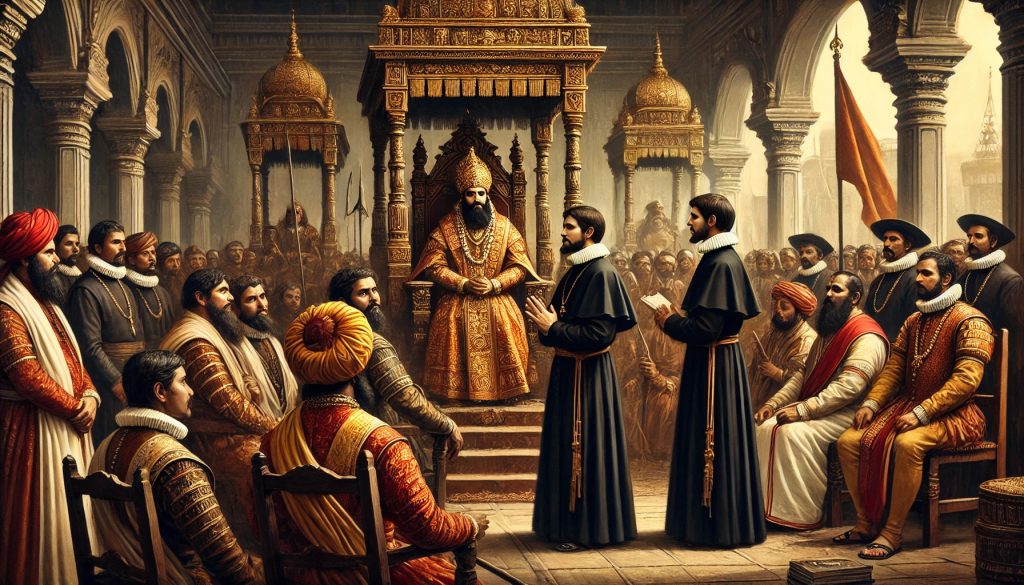Today, the Society of Jesus commemorates St. John de Brito, SJ. One of the greatest pioneers of inculturation in the Society of Jesus. His mission and ministry in South India reminds us, as Jesuits and followers of Christ, to embody the Gospel in a way that speaks to the hearts of the people we serve. St. John de Brito not only proclaimed the Good News but lived it in a way that was authentic, humble, and deeply respectful of the cultures he encountered.


St. John de Brito’s life reminds us of the instructions of St. Ignatius of Loyola. St. Ignatius always encouraged us to respond to the needs in accordance with people, time, place, and circumstances. St. Ignatius taught us that our mission is not to spread the good news but also to adapt. Our mission is to find God in all things and meet people where they are. Yet, we know this has not always been the case with many missionaries. Cultural bias has always led some missionaries into imposing their own cultures alongside the Gospel message. St. John de Brito, however, was different. He embodied the Ignatian call to inculturation. He became, in the words of St. Paul, “all things to all people” so that he might win some for Christ.
When St. John de Brito arrived in India, he immersed himself completely in the culture of the Tamil people. Like St. Paul and St. Francis Xavier before him, he learned their language. He adopted their customs, and even dressed as a sannyasi (Hindu ascetic). He understood that the Gospel would only take root if it resonated with the hearts of the people. He made that happen by living as they lived. He ate their food, wore their clothes, and prayed in their language. He did not see their culture as something to be destroyed or replaced. He saw it as a gift to be embraced and elevated in the light of Christ.


This was no easy task. St. John de Brito faced immense resistance. He struggled with the local rulers and religious leaders. He also faced challenges from his own people. Many of his fellow missionaries could not understand his approach. To them, the people they evangelized were primitive, and their cultures were outdated practices to be civilized. But St. John de Brito saw the image of God in the Tamil people. He believed that the Gospel message was universal, able to transcend cultural boundaries without erasing them.
In his humility and courage, he reminds us of the example of our Lord Jesus Christ, who became one of us, taking on our humanity so that we might share in his divinity. Jesus did not impose; he invited. He met people in their homes, at their tables, in their struggles, and in their joy. Similarly, St. John de Brito followed the way of Christ by living among the Tamil people as one of them. He bore their burdens, shared in their suffering. He brought them the hope of the Gospel in a way they could understand and embrace.

We can also look to St. Paul, who taught us to adapt to the needs of those we serve. St. Paul wrote, “I have become all things to all people, that by all means I might save some” (1 Corinthians 9:22). St. John de Brito lived this truth. His willingness to step into the lives of others, to speak their language and share their culture, made him a true apostle of Christ.
Today, as we follow in the missionary footsteps of St. John de Brito, we must ask ourselves: Are we willing to become all things to all people? Are we willing to set aside our own preferences, comforts, and cultural biases to meet people where they are? Do we see the cultures of those we serve as gifts, as St. John de Brito did, or as primitive practices to be replaced?

In a world that is increasingly divided, the mission of inculturation is more important than ever. As Jesuits, we are called to be bridges, connecting the Gospel message to the lives of those we serve. We are called to listen, to learn, and to love as Christ did.
Let us pray that, like St. John de Brito, we may fully embrace the Gospel message and live it by the example of our lives. May we learn to knock on our neighbor’s doors, live as they live, and bring them the hope of Christ. Most importantly, do this not through imposition but through invitation. And may we never forget that the mission of our Lord Jesus Christ is not to erase cultures but to transform them. The Mission of our Lord is to bring the light of the Kingdom of God into every heart and every home.
